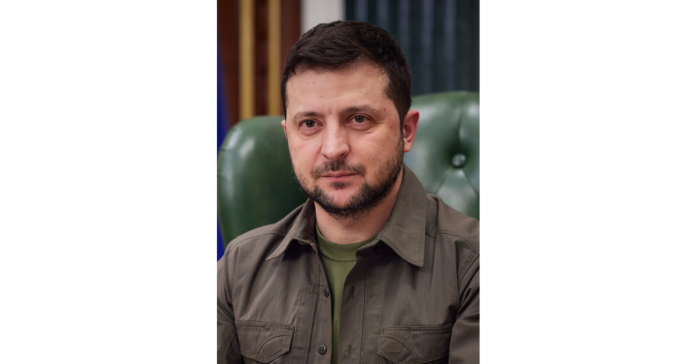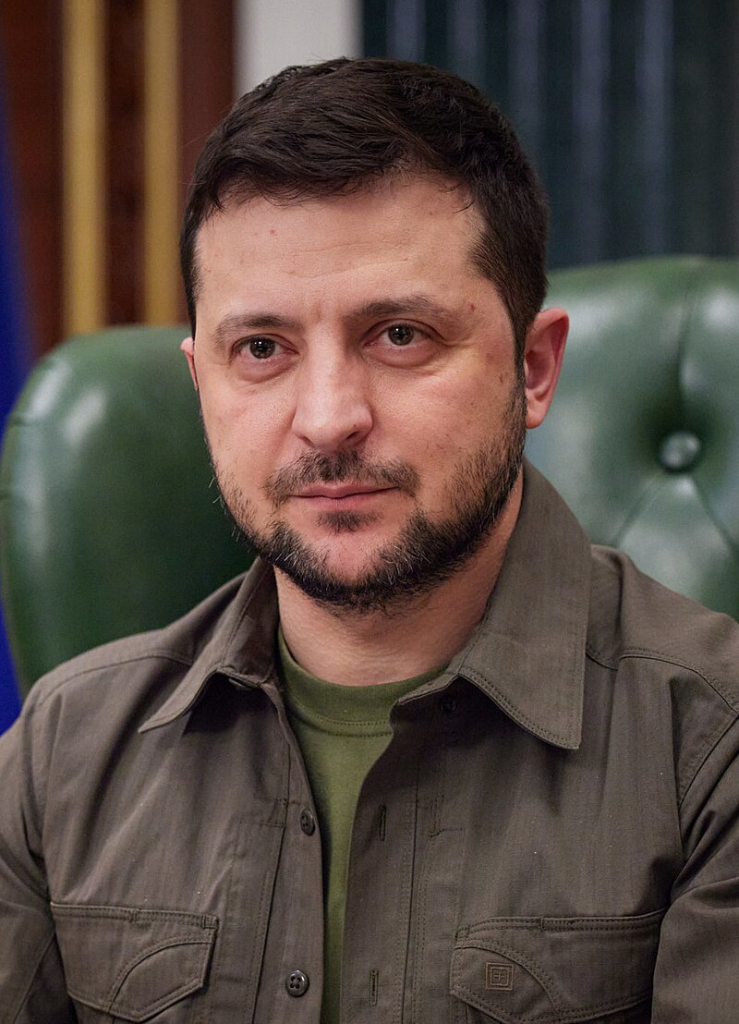
What happens when billions of frozen Russian state assets become a potential war chest for Ukraine? That question dominated Brussels on Thursday as President Volodymyr Zelenskyy urged European leaders to channel Moscow’s immobilized funds into weapons production and procurement. His pitch comes at a moment when US support is faltering and Russia’s war machine grinds on into its fifth year.
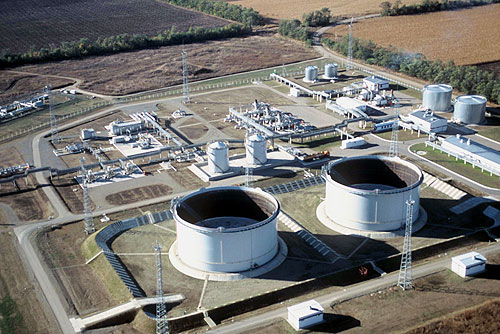
The summit comes against the background of an escalating spate of attacks by Ukraine against Russian oil infrastructure, reports of secret purchases by Moscow of Western technology for Arctic defenses, and divisions within the EU on the legality and risks of seizing sovereign assets. The stakes are high-the outcome could reshape both the battlefield and Europe’s role in the conflict.
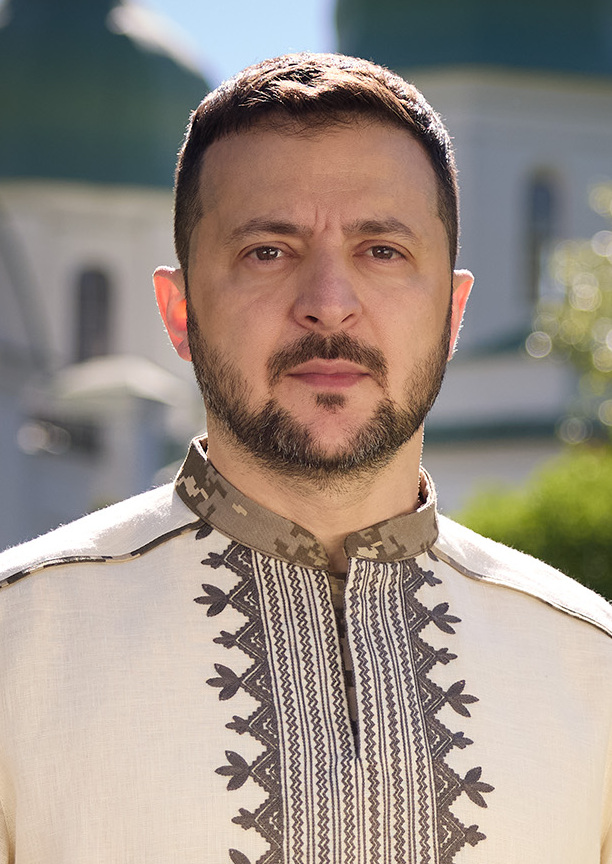
1. Zelenskyy’s Push for Frozen Asset Weaponization
After closed-door discussions with EU leaders, Zelenskyy argued that frozen Russian assets should be utilized not only for humanitarian needs but directly for military purposes as well. He emphasized Kyiv’s right to decide on the distribution of resources, opposed to proposals from Berlin and Paris that funds should be used only for European-made weapons. This call comes after Kyiv’s €42bn deficit in its 2026 “survival budget” and is part of a more general approach towards sustaining long-term defence capabilities.
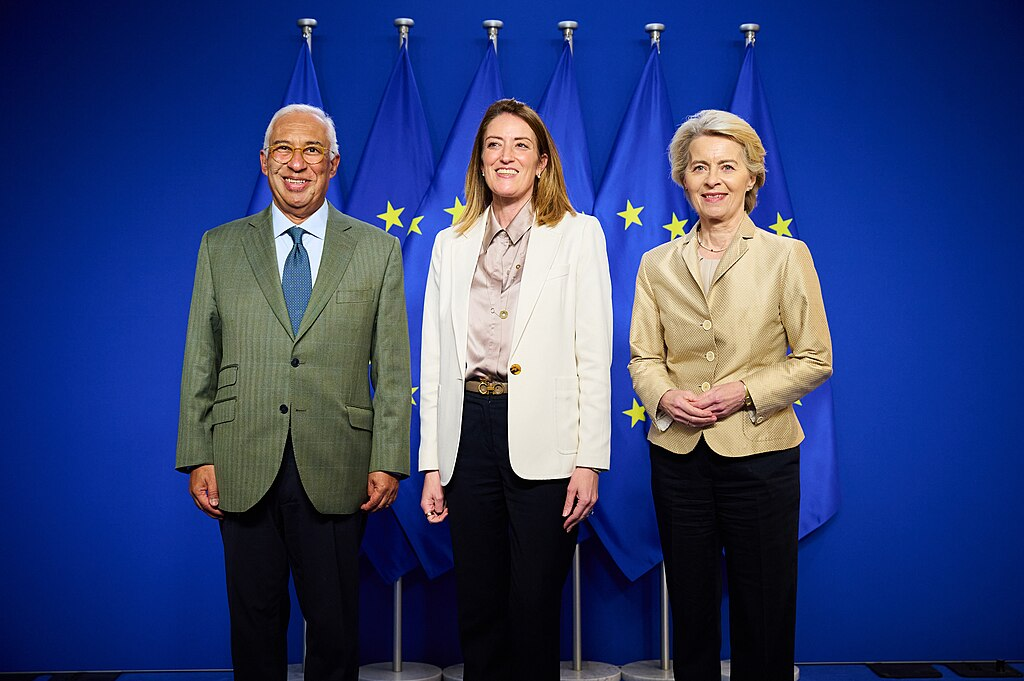
2. The EU’s ‘Reparations Loan’ Plan
European leaders are considering a zero-interest loan to Kyiv financed with about €185bn of Russian sovereign assets held by Euroclear in Brussels. The EU would, in effect, ‘borrow’ the money, substitute it with an IOU collectively guaranteed by member states and count on the repayment via war reparations if Russia were defeated. The obstacles are profound: international law shields sovereign assets, and seizure threatens global financial stability.
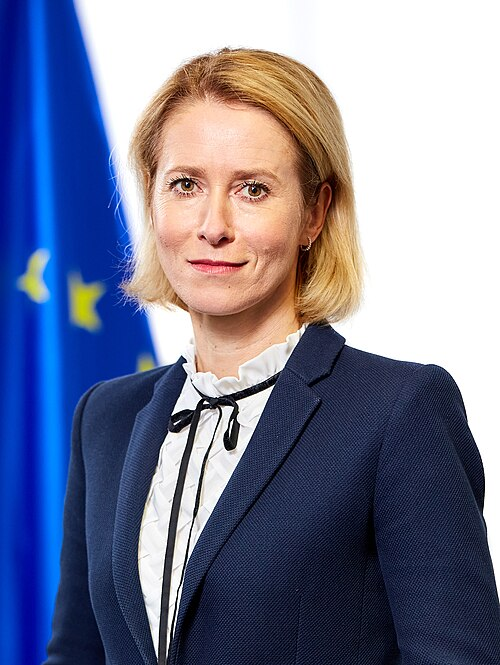
3. Legal and Political Fault Lines
Strong objections have come from Euroclear’s home country Belgium, which presumably fears bearing the brunt of any legal backlash. EU foreign affairs chief Kaja Kallas told the BBC that the concerns of Belgium were “understandable” and should be met by sharing risk among all member states. The prime ministers of Hungary and Slovakia, Viktor Orbán and Robert Fico respectively, could block the plan altogether on the grounds that doing so might result in economic retaliation from Moscow. Germany’s Chancellor Friedrich Merz has suggested bypassing unanimity to avoid a veto.
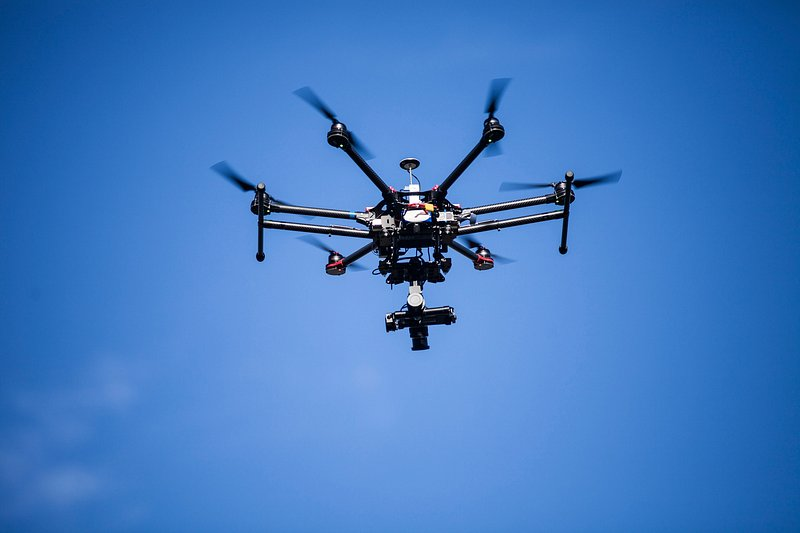
4. Ukrainian Strikes on Russian Oil Infrastructure
The drones have become an increasingly favored weapon in Ukraine’s targeting of Russian refineries, with 21 of the country’s 38 major plants having been hit since January, creating fuel shortages and surging prices across parts of Russia. Ryazan can process 340,000 barrels per day and has been attacked five times this year. Speaking to BBC Verify, former deputy energy minister Vladimir Milov said Kyiv targets both those facilities feeding the Russian military logistics and those serving purely civilian supplies.
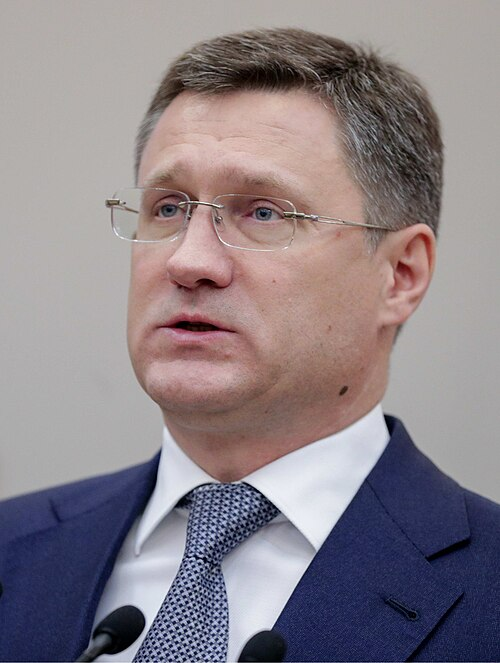
5. Economic Pressure on Russia’s War Effort
The strikes have forced at least ten plants to suspend operations and sent wholesale prices 40% higher since January. Crude oil exports remain unaffected, but the partial petrol export ban has been extended by Deputy Prime Minister Alexander Novak through the end of 2025. Justin Crump of Sibylline characterized the campaign as a “core tactic” in the effort to grind down Russia’s capacity to sustain the conflict, though it will not succeed on its own in ending the war.
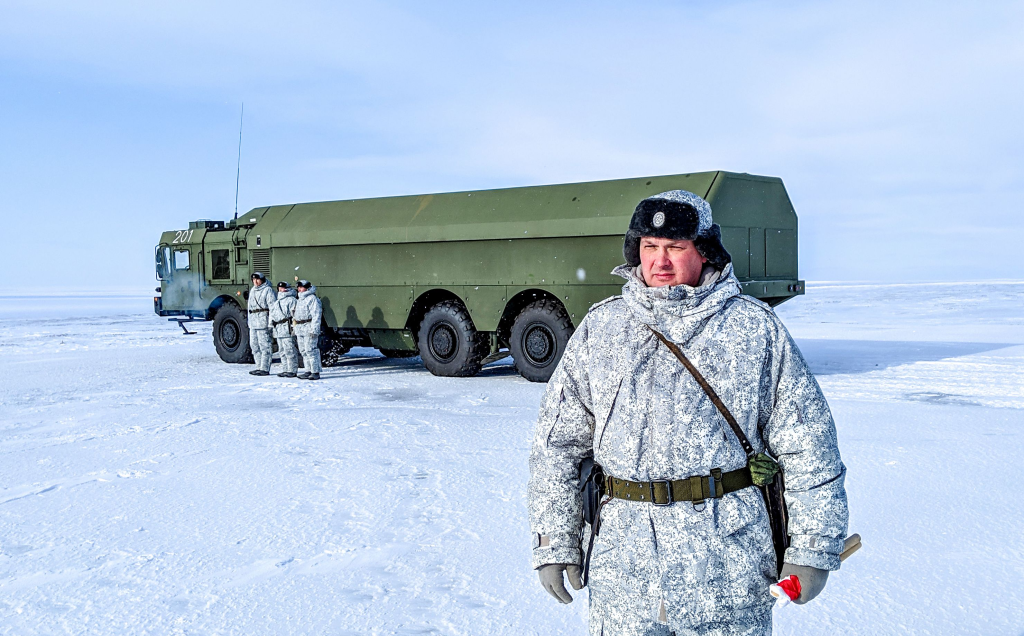
6. Covert Western Technology in Russian Arctic Defenses
Investigations by NDR, WDR, Süddeutsche Zeitung and partners showed that the undersea surveillance network ‘Harmony’, put in place by Russia in the Barents Sea, depends on high-tech components from Europe, the US, and Japan. The system, built to detect NATO submarines near Russian nuclear sites, was supplied via Mostrello Commercial Ltd, a Cypriot shell company linked to Moscow’s ministry of defence. Purchases included underwater drones, fibre optic cables and research vessels.
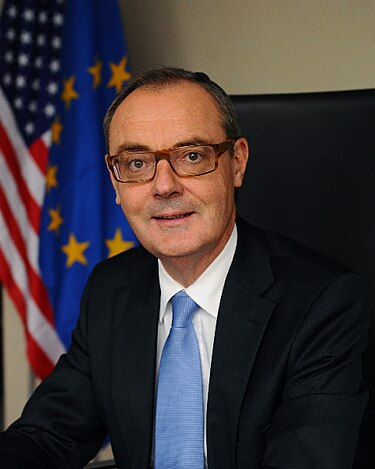
7. Sanctions Evasion and Procurement Networks
The EU’s sanctions envoy David O’Sullivan conceded: “There is no such thing as a perfectly watertight sanction system,” citing the skilful ways in which Russia disguises its transactions. The Mostrello network had over 50 suppliers and shell companies in jurisdictions like the Seychelles and Belize who leveraged the EU’s free market to obscure end-users. Vice Admiral Nils Andreas Stensønes, head of Norway’s intelligence agency, said such techniques hide supply chains and make it much harder to enforce.
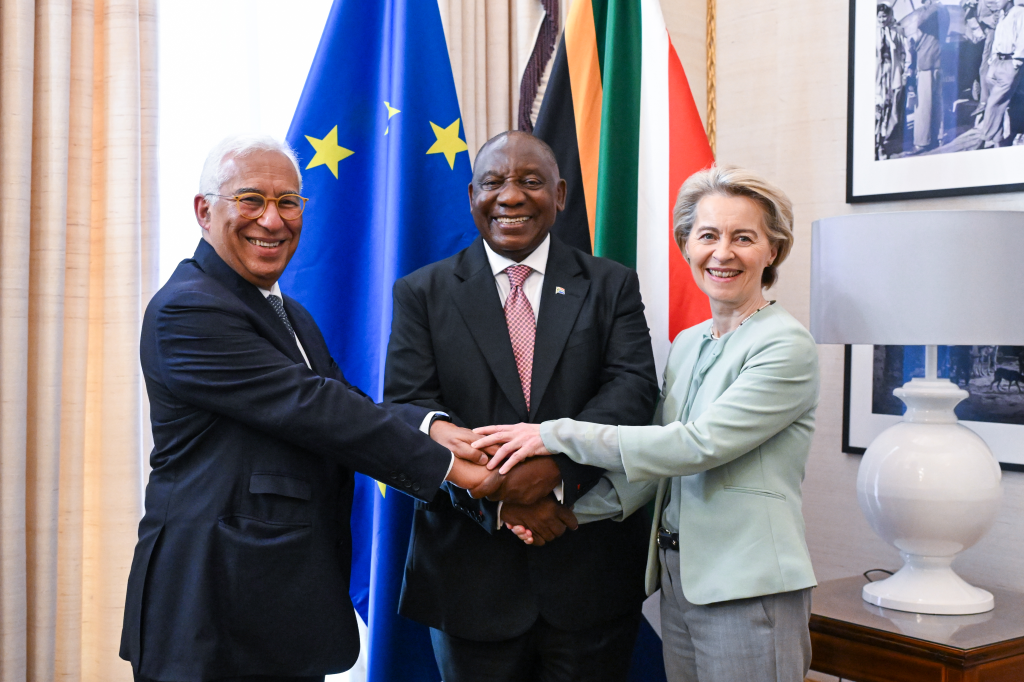
The Brussels summit underlined the convergence of military strategy, economic warfare, and legal brinkmanship in Europe’s response to Russia’s invasion. Zelenskyy’s demand to weaponise frozen assets reflects Kyiv’s urgency; the EU’s deliberations reveal the delicate balance between punishing Moscow and safeguarding the global financial order. Whether the ‘reparations loan’ proceeds or stalls, decisions taken now will reverberate far beyond the battlefield, shaping Europe’s security posture for years to come.
